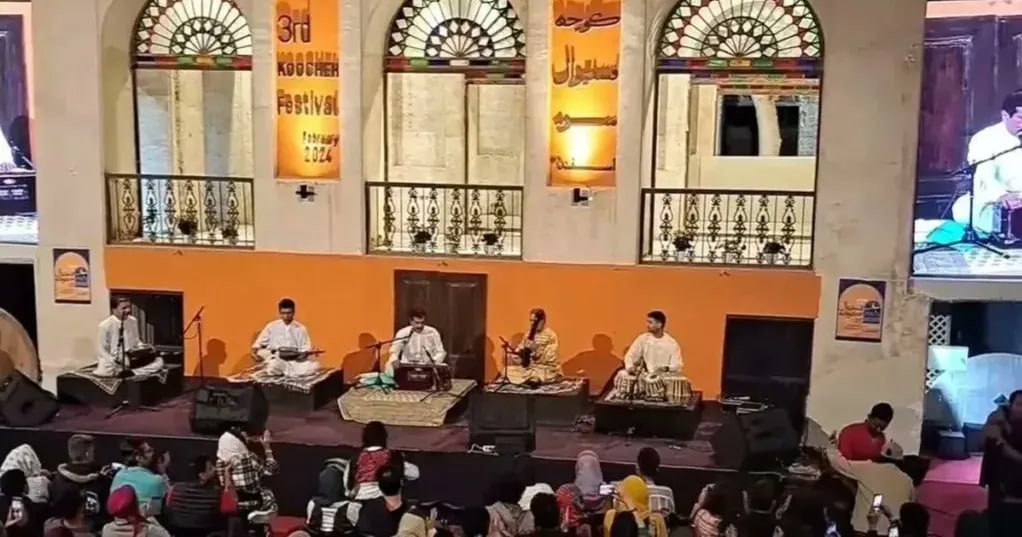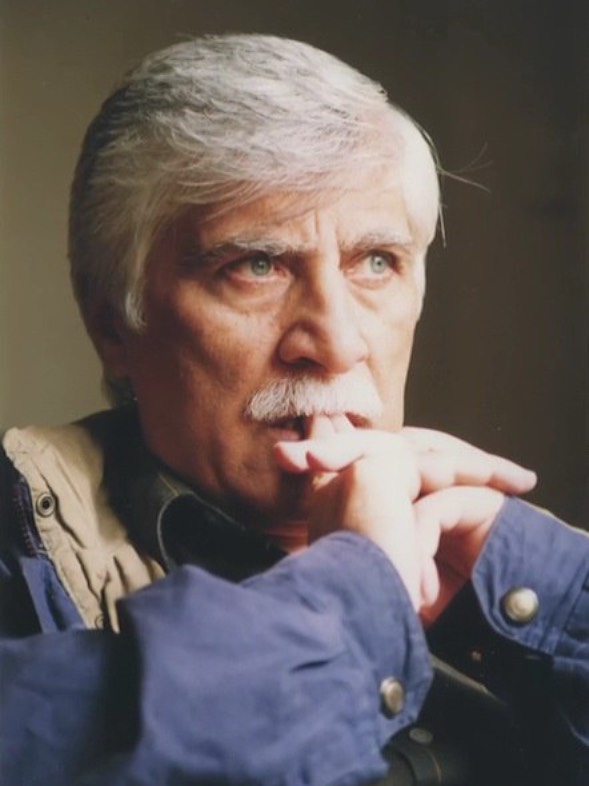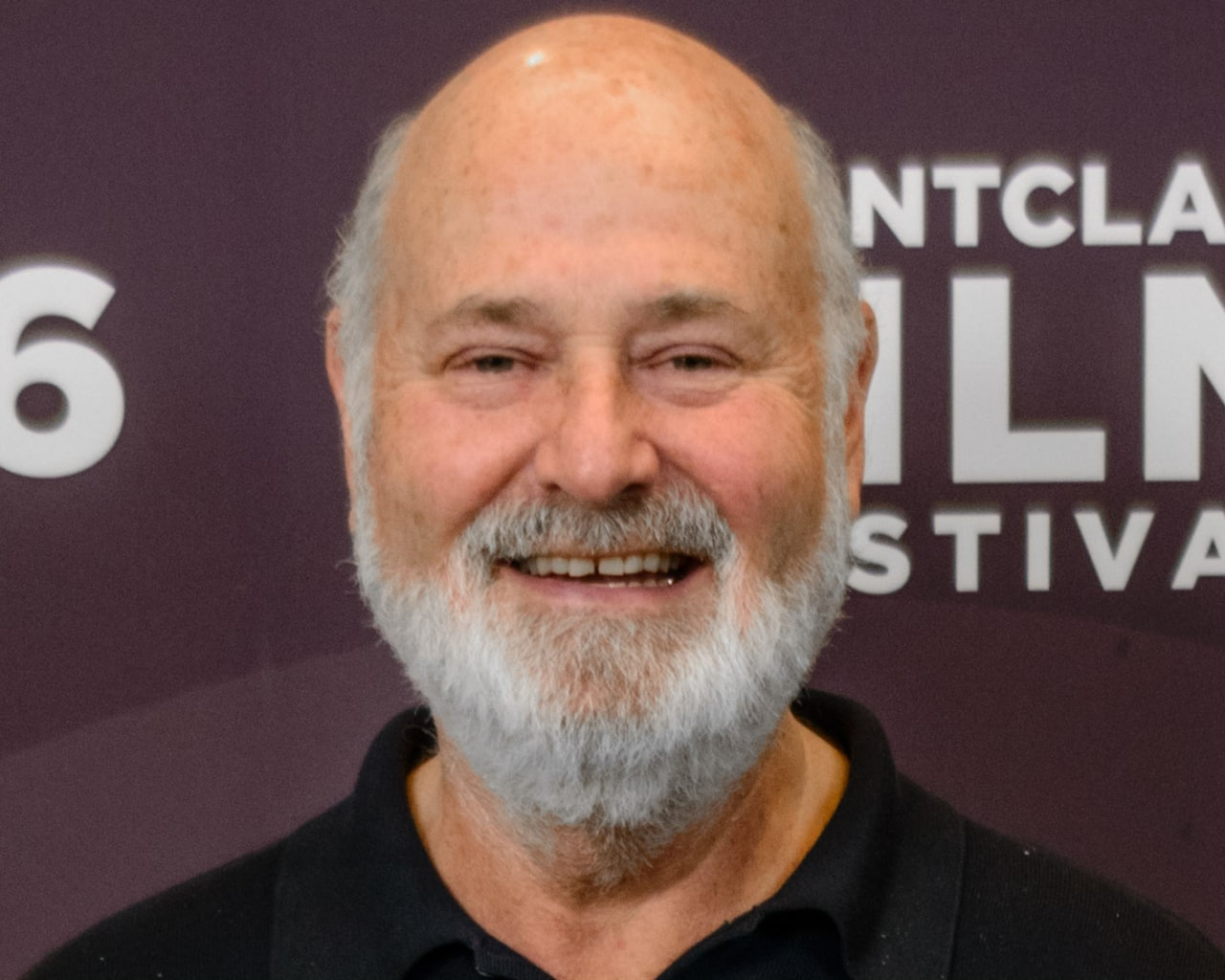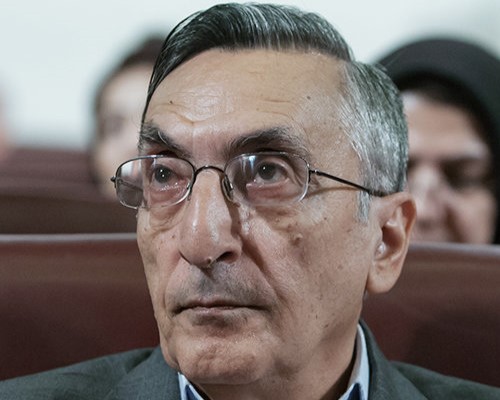The fourth edition of the “Koocheh” Music and Culture Festival in Bushehr this year became a vivid scene of the ongoing struggle between the collective desire for joy and mounting social pressures. Created to celebrate the regional music and revive Bushehr’s local culture, this grassroots event finally secured its official permit after intense challenges, only to conclude earlier than planned out of respect for the grieving people of Hormozgan.
The festival faced serious obstacles from the outset. Opposition from religious figures and several Friday prayer leaders initially prevented the issuance of a permit. However, after multiple sessions held by provincial authorities and Iran’s Ministry of Culture and Islamic Guidance in Tehran, the event was eventually authorized.
In the early days of Ordibehesht (April-May), the sound of Ney-Anban, daf drums, and traditional songs once again echoed through the Lian Hall. Cultural programs, including a Classical Literature Night featuring figures such as Abdol Mohammad Rezvani, Amirhossein Mahoozi, Rashid Kakavand, and Ehsan Abdipour, enriched this year’s program. Yet protests by certain opponents, who gathered in front of the Bushehr Governor’s Office, revealed the persistent resistance against this cultural movement.
Prominent Ney-Anban player and head of the Lian music group, Mohsen Sharifian, a key figure of the festival, declared in a video message: “Koocheh cannot be shut down. We will come to Bushehr and warmly welcome our guests.” His words symbolized the artists’ determination to resist constraints.
After its earlier editions in 2017 and 2018, “Koocheh” faced a multi-year hiatus due to the COVID-19 pandemic and political pressures. The organizers, responding to initial cancellations this year, issued a poignant statement: “We have lost, but we congratulate the winning side without anger… Yet, the real festival is the arrival of the resilient and noble people.”
However, amid the vibrancy of the festival, the tragic explosion at Rajaee Port in Hormozgan, which claimed at least 28 lives, cast a shadow over the event. In response, the organizers decided to end the festival early, before the government’s official declaration of mourning. Their final statement read: “A house with one eye crying has no hand for tambourines or pipes.”
The closing ceremony was held on Sunday night at the historic Saadat School in Bushehr, honoring the victims and marking the end of this turbulent chapter in “Koocheh”’s history.
More than just a music festival, “Koocheh” has now become a symbol of cultural perseverance, the right to communal joy, and human connection in contemporary Iran.
The fourth edition of the “Koocheh” Music and Culture Festival in Bushehr this year became a vivid scene of the ongoing struggle between the collective desire for joy and mounting social pressures. Originally created to celebrate the regional music and revive Bushehr’s local culture, this grassroots event finally secured its official permit after intense challenges — only to conclude earlier than planned out of respect for the grieving people of Hormozgan.
The festival faced serious obstacles from the outset. Opposition from religious figures and several Friday prayer leaders initially prevented the issuance of a permit. However, after multiple sessions held by provincial authorities and Iran’s Ministry of Culture and Islamic Guidance in Tehran, the event was eventually authorized.
In the early days of Ordibehesht (April-May), the sound of Ney-Anban, daf drums, and traditional songs once again echoed through the Lian Hall. Cultural programs enriched this year’s program, including a Classical Literature Night featuring figures such as Abdol Mohammad Rezvani, Amirhossein Mahoozi, Rashid Kakavand, and Ehsan Abdipour. Yet protests by certain opponents gathered in front of the Bushehr Governor’s Office revealed the persistent resistance against this cultural movement.
Prominent Ney-Anban player and head of the Lian music group, Mohsen Sharifian, a key figure of the festival, declared in a video message: “Koocheh cannot be shut down. We will come to Bushehr and warmly welcome our guests.” His words symbolized the artists’ determination to resist constraints.
After its earlier editions in 2017 and 2018, “Koocheh” faced a multi-year hiatus due to the COVID-19 pandemic and political pressures. The organizers, responding to initial cancellations this year, issued a poignant statement: “We have lost, but we congratulate the winning side without anger… Yet, the real festival is the arrival of the resilient and noble people.”
However, amid the vibrancy of the festival, the tragic explosion at Rajaee Port in Hormozgan, which claimed at least 28 lives, cast a shadow over the event. In response, the organizers decided to end the festival early, before the government’s official declaration of mourning. Their final statement read: “A house with one eye crying has no hand for tambourines or pipes.”
The closing ceremony was held on Sunday night at the historic Saadat School in Bushehr, honoring the victims and marking the end of this turbulent chapter in “Koocheh”’s history.
More than just a music festival, “Koocheh” has now become a symbol of cultural perseverance, the right to communal joy, and human connection in contemporary Iran.






